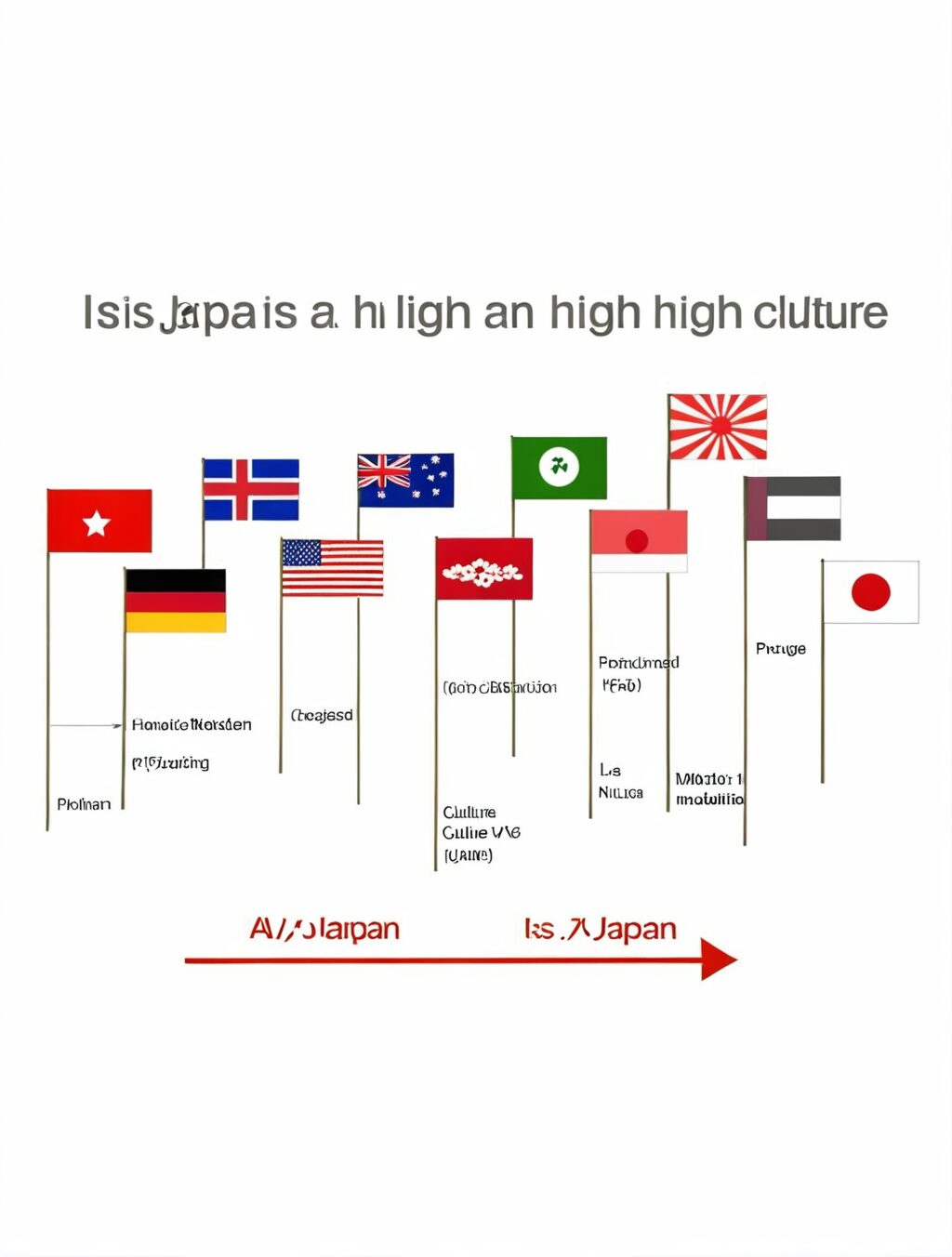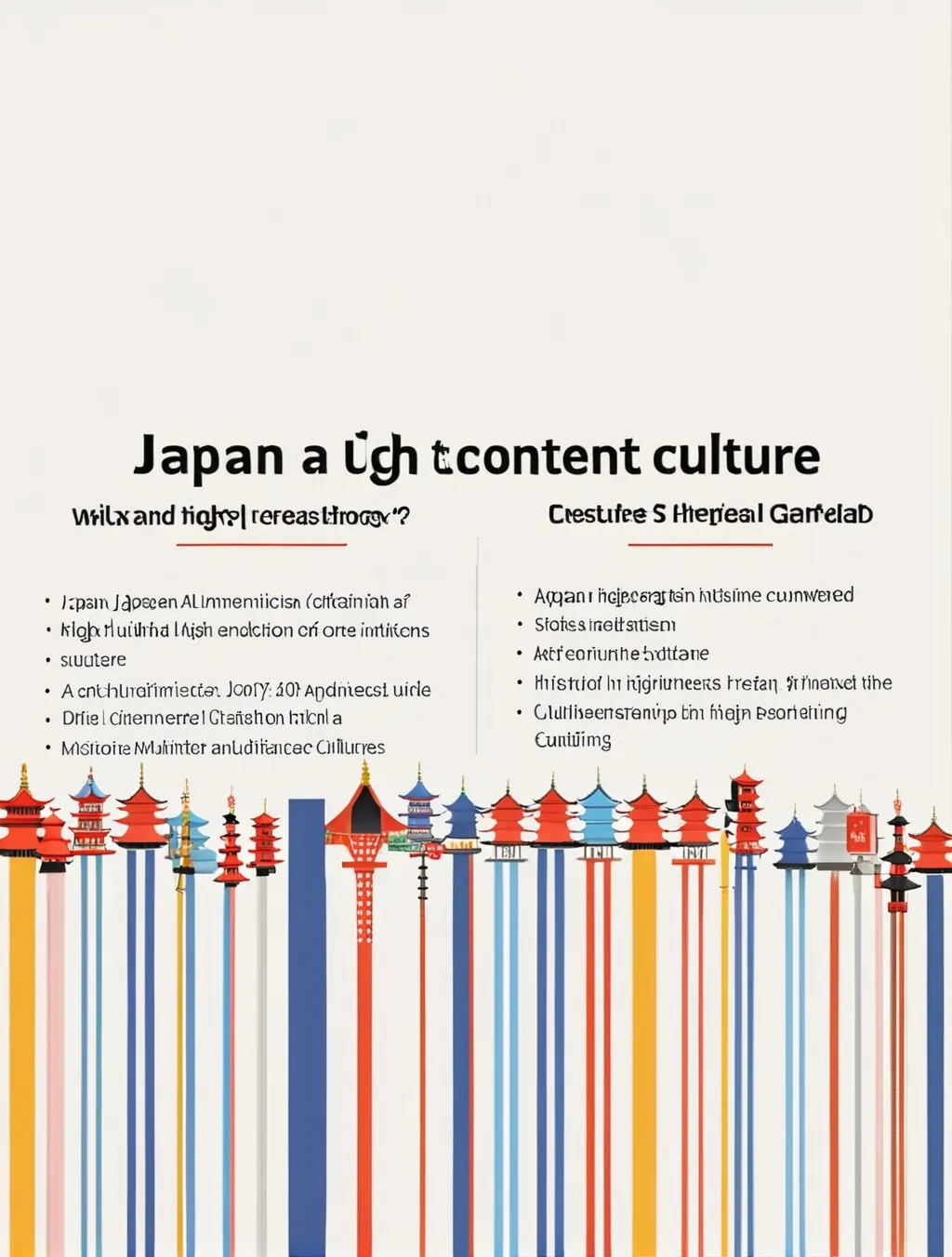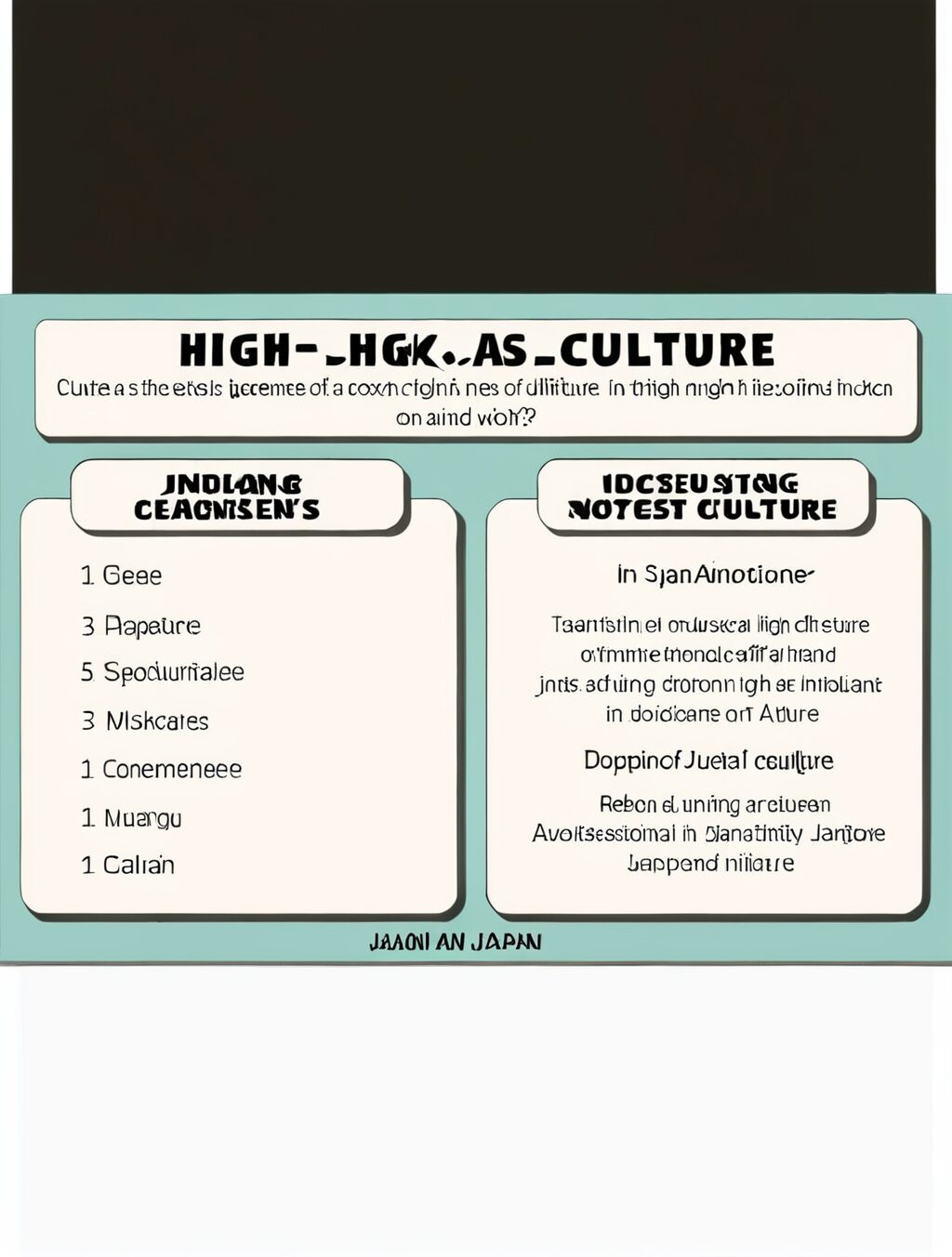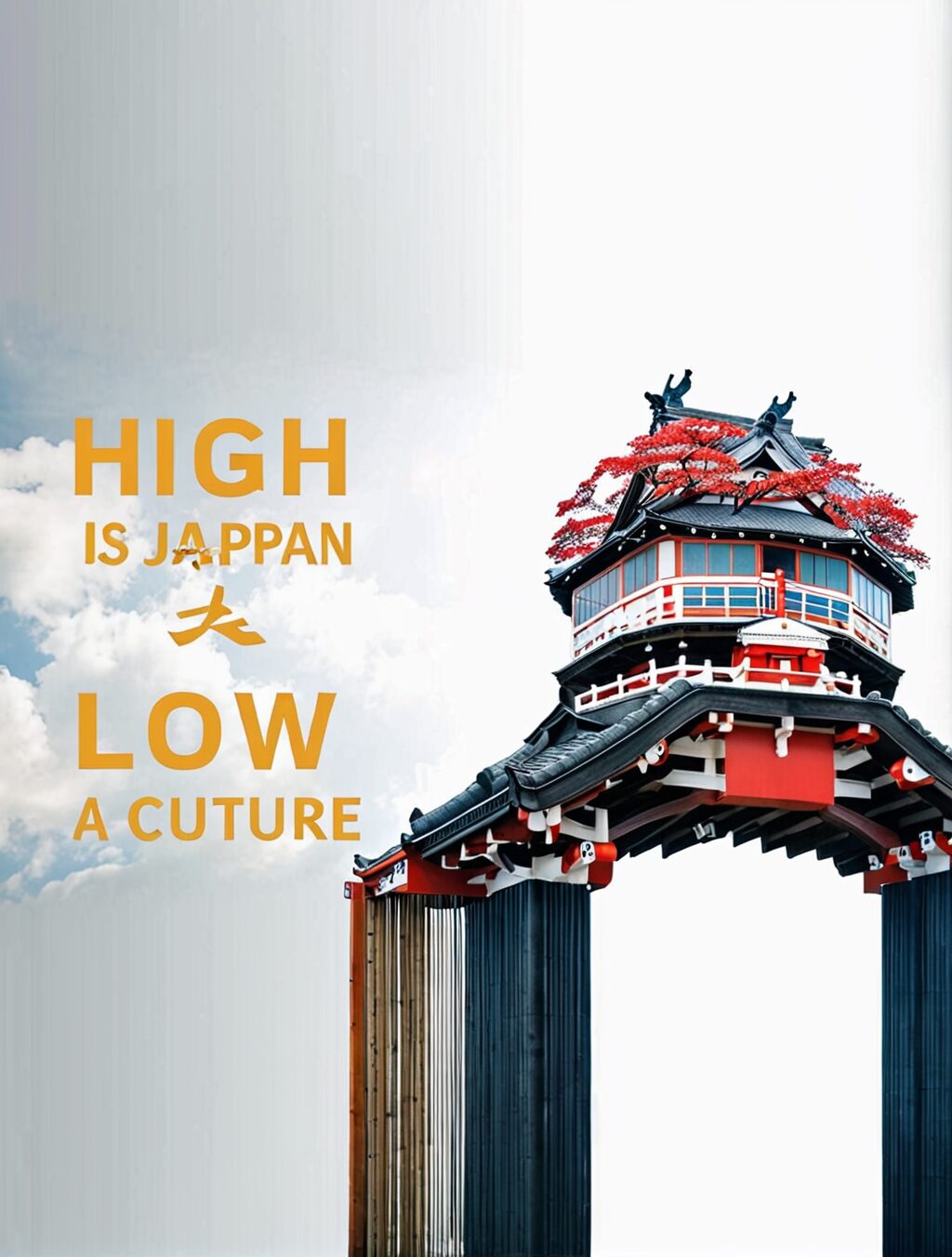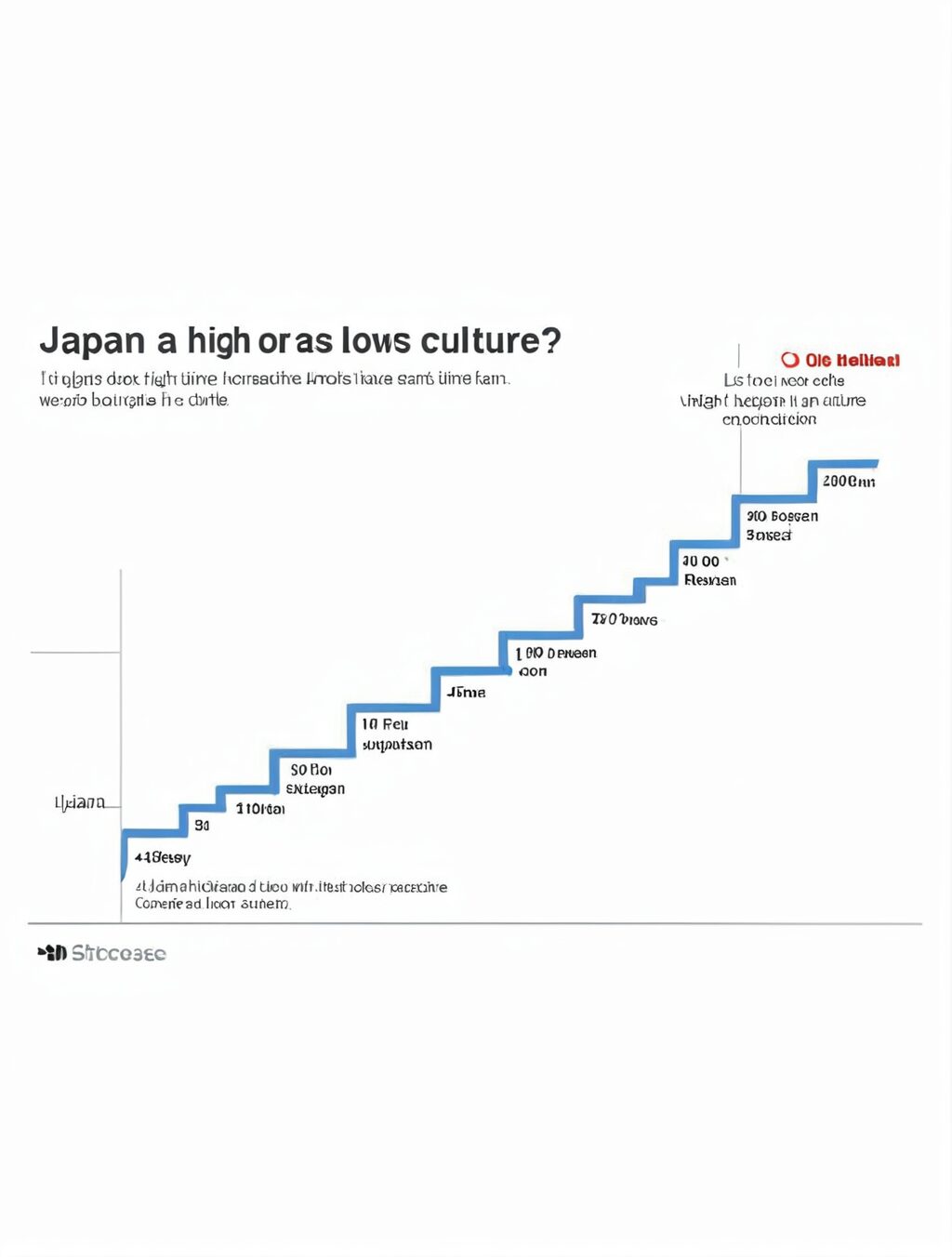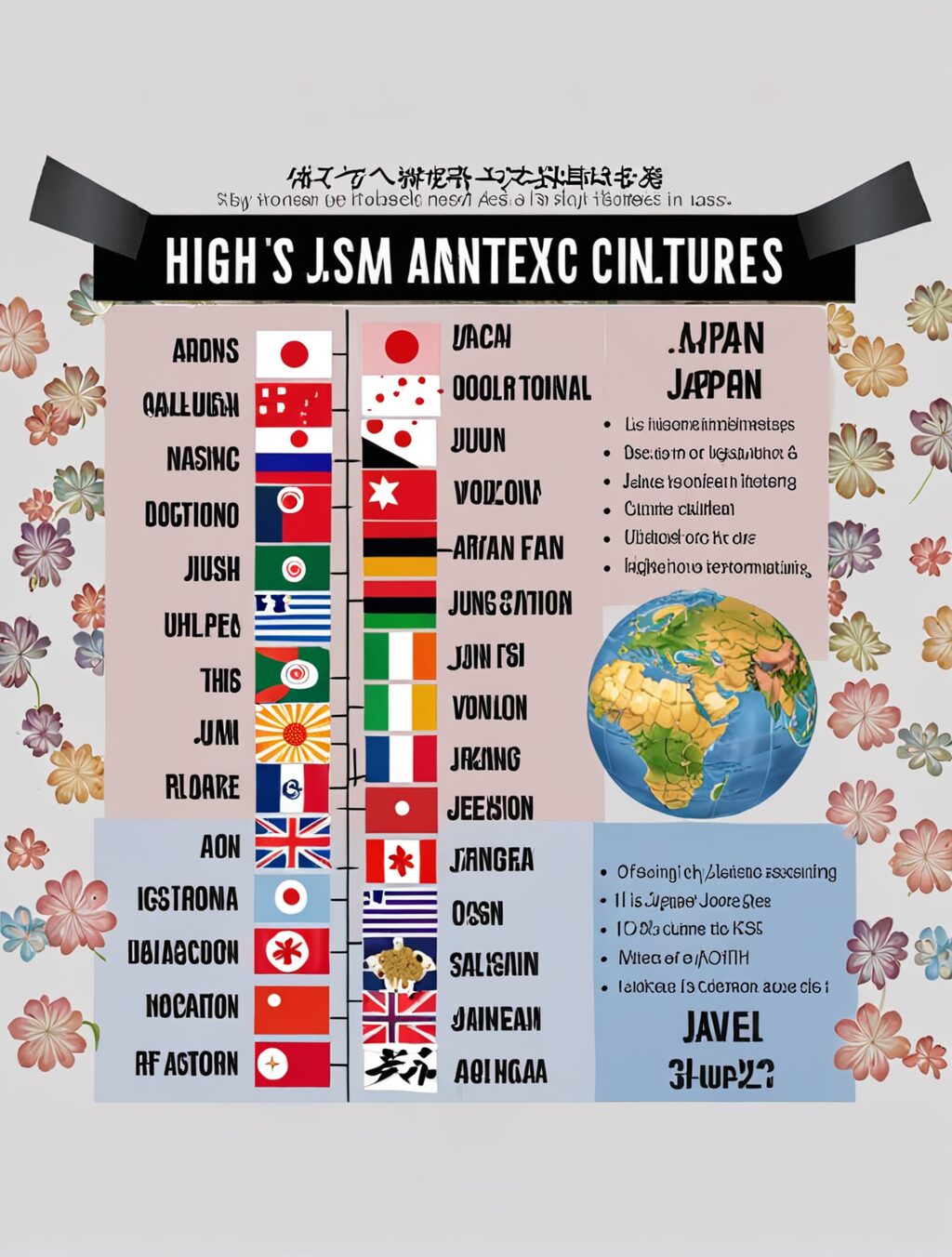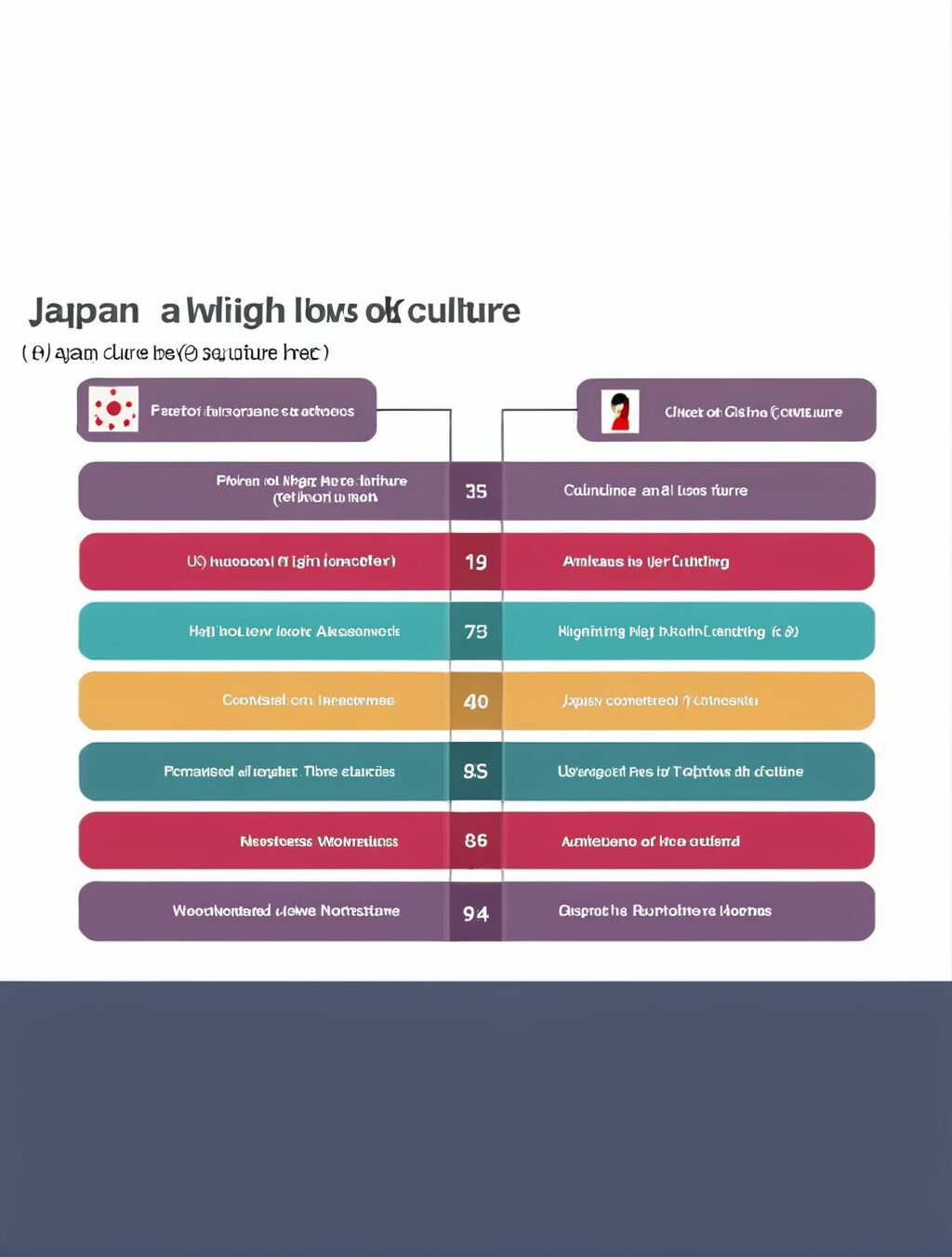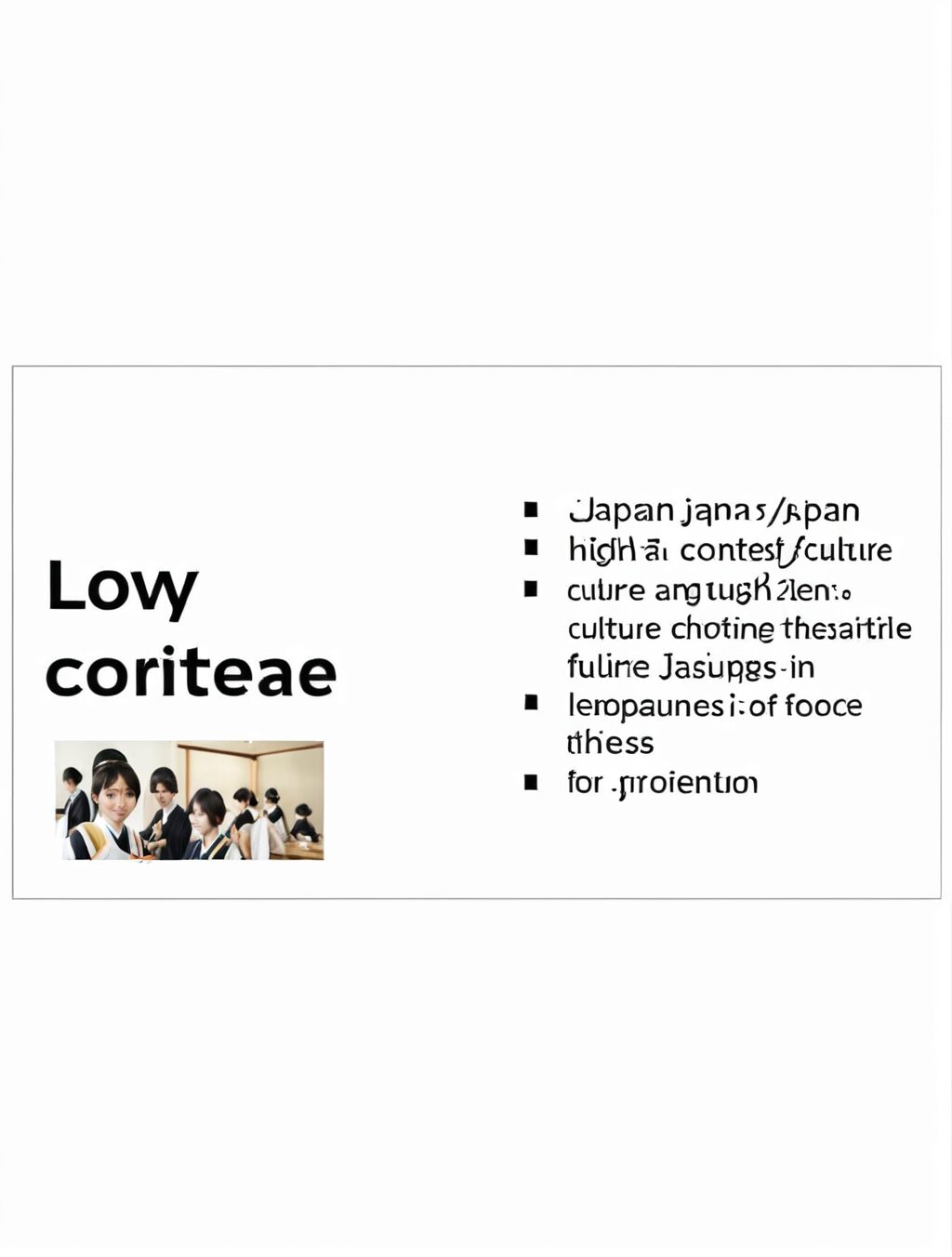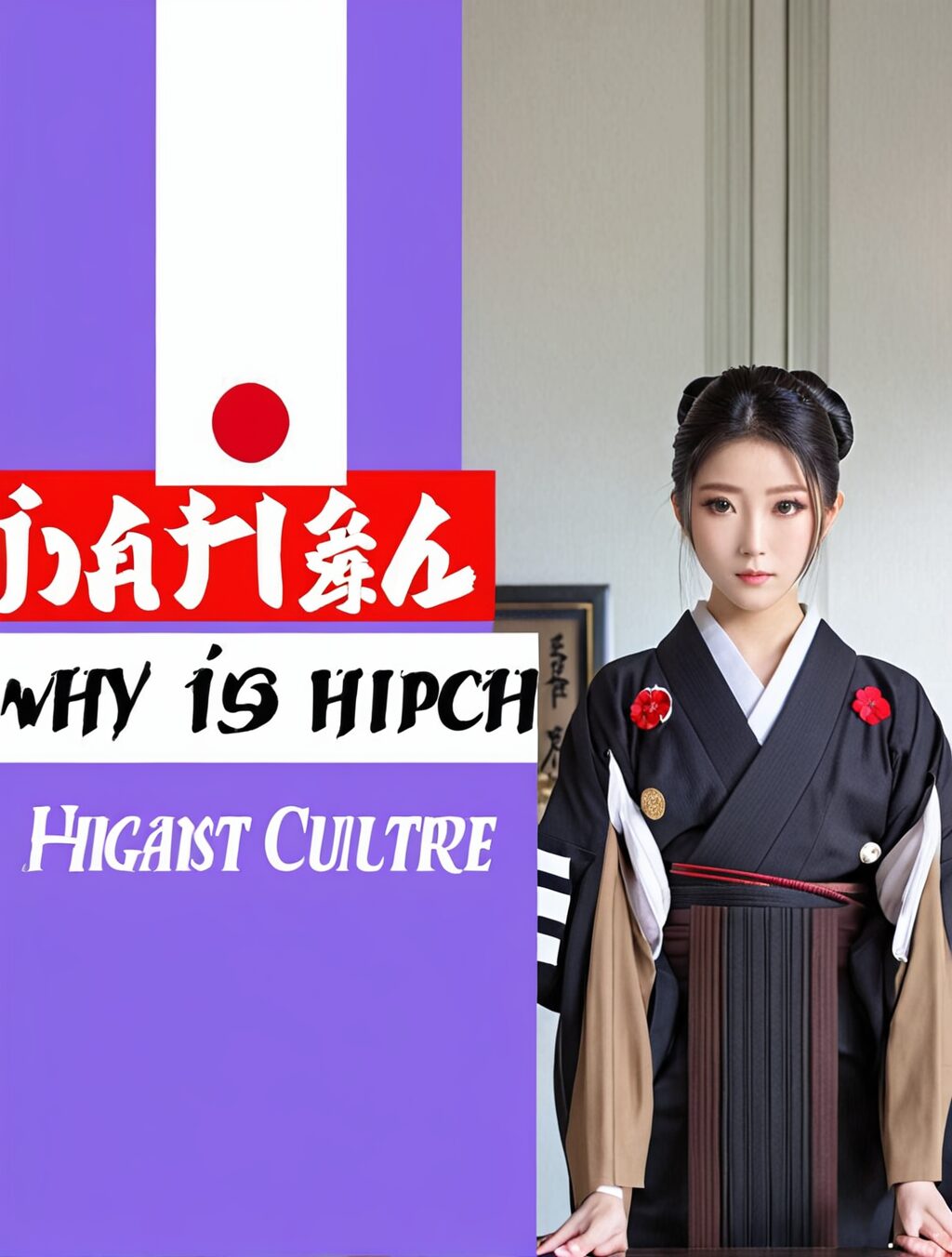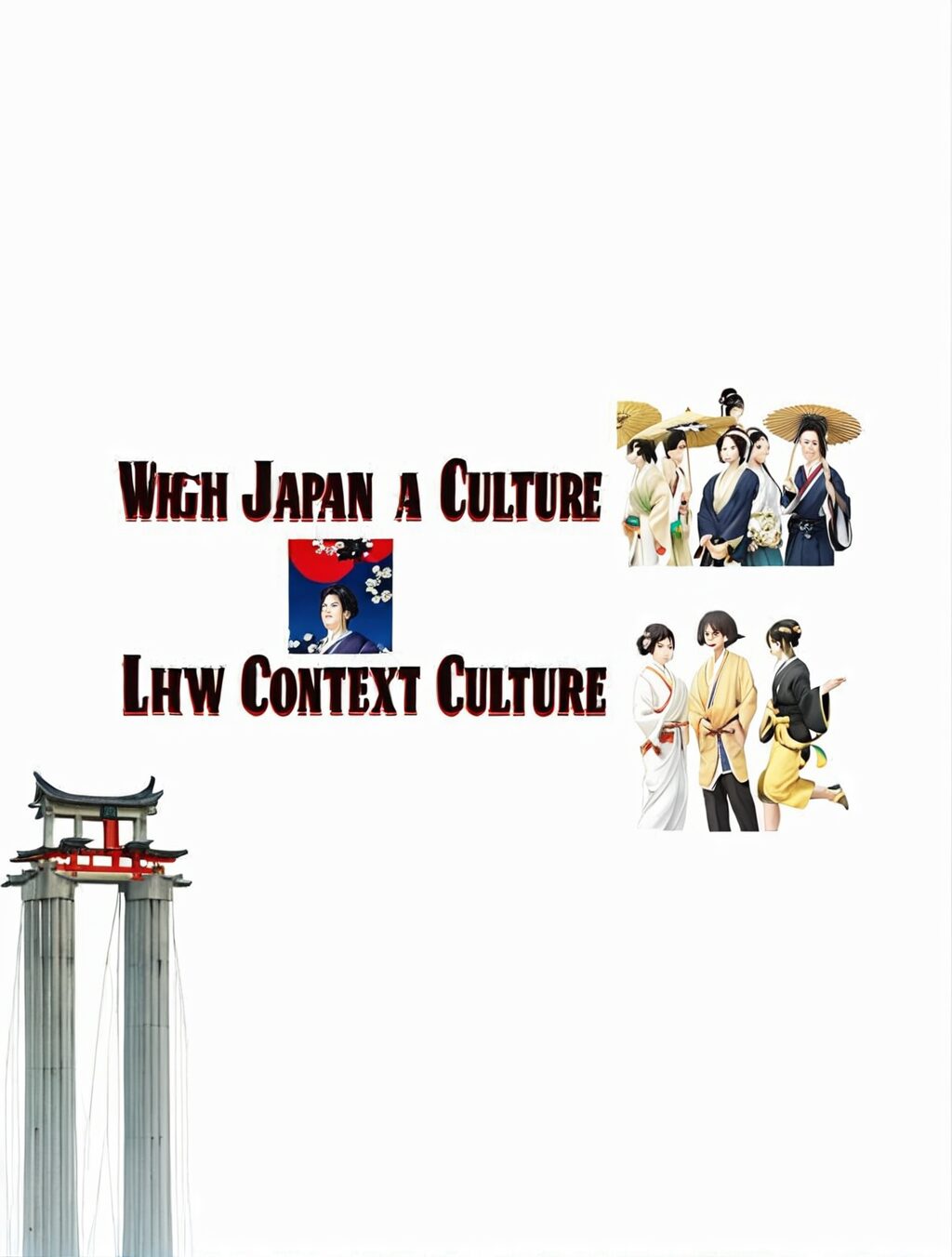Is Japan a High-Context Culture?
Win a Free Trip to Japan!
Experience cherry blossoms and ancient temples
A high-context culture emphasizes implicit meaning and relies heavily on shared knowledge and context. Japan is often cited as an example of a high-context culture.
In Japan, communication is often indirect and nuanced. People value politeness and harmony, and they often avoid saying things directly that might cause offense. This can make it difficult for foreigners to understand what people are really thinking or feeling.
Here are some of the characteristics of a high-context culture like Japan:
- Reliance on non-verbal communication – Japanese people communicate a lot through body language, facial expressions, and tone of voice.
- Importance of relationships – In Japan, relationships are very important. People often do business with people they know and trust.
- Indirect communication – Japanese people often avoid saying things directly that might cause offense. They may instead hint at what they mean or use vague language.
If you’re planning to do business in Japan or simply want to learn more about Japanese culture, it’s important to be aware of the high-context nature of communication. By understanding the importance of context and non-verbal cues, you can better understand Japanese people and build stronger relationships.
FAQs
Q: What are some tips for communicating in a high-context culture like Japan?
A: Be aware of non-verbal cues, build relationships, and be patient. Indirect communication is preferred and politeness is highly valued.
Q: How can I learn more about Japanese culture?
A: Read books, watch movies, and talk to Japanese people. Immersing yourself in the language and culture is the best way to learn.
Conclusion
Japan is a fascinating and unique country with a rich culture. Understanding the high-context nature of communication in Japan can help you better understand the people and build stronger relationships.
